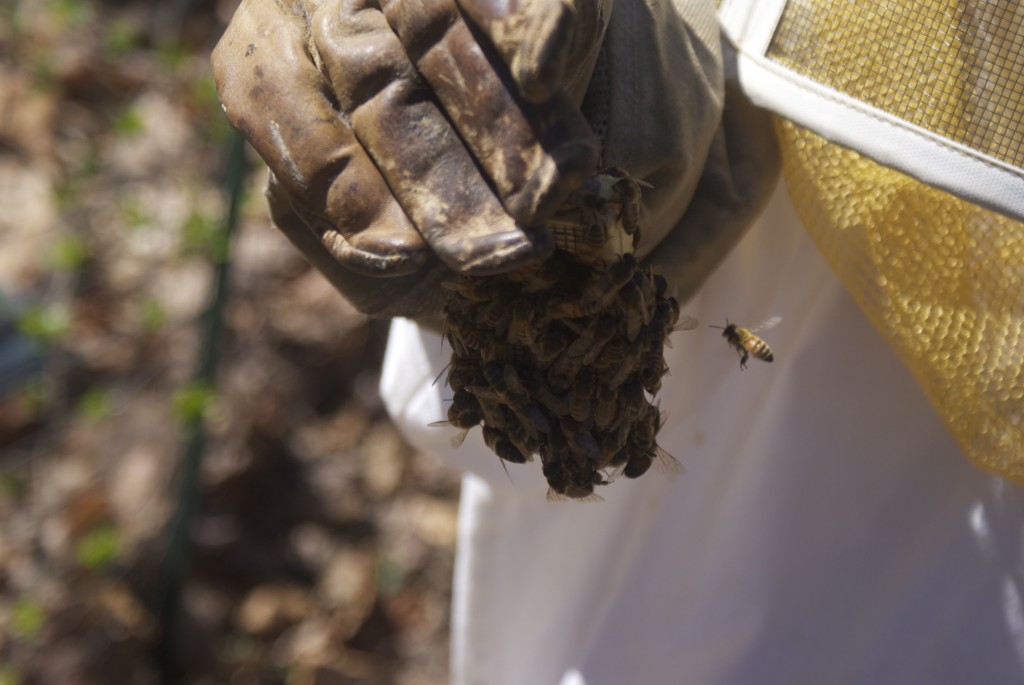Trees and Bees share a powerful symbiotic relationship that helps to maintain ecosystem balance. Long may both thrive!
At this time, we are not taking on new beekeeping clients, however, we are delighted to share local resources.


Durham is a vibrant Bee City! You just got to poke around.
For complete installation, maintenance, and mentoring, we recommend contacting Buddha Bee Apiary. They offer full-service hive hosting for one or more hives for an all-inclusive monthly fee.
We also encourage you to check out the Durham Beekeepers Association. They offer annual classes for beginners that usually run from January-March and also have a mentor-mentee program for members.
For bee sourcing, we recommend Lee’s Bees in Mebane, NC, and Bailey Bee Supply in Hillsborough, NC.
Jacob T. Pressley & Jennifer Socey, Co-Owners
Phone: #919-889-3242
Jacob T. Pressley & Jennifer Socey, Co-Owners
Phone:
#919-889-3242
Grateful Trees & Bees is a division of 43560 Enterprises, LLC.
All work is licensed and insured.
Arboriculture services are performed by ISA Certified Arborist #SO-5685A.
Forestry consulting, stewardship plans, and timber sales are provided by North Carolina Registered Forester #1753.